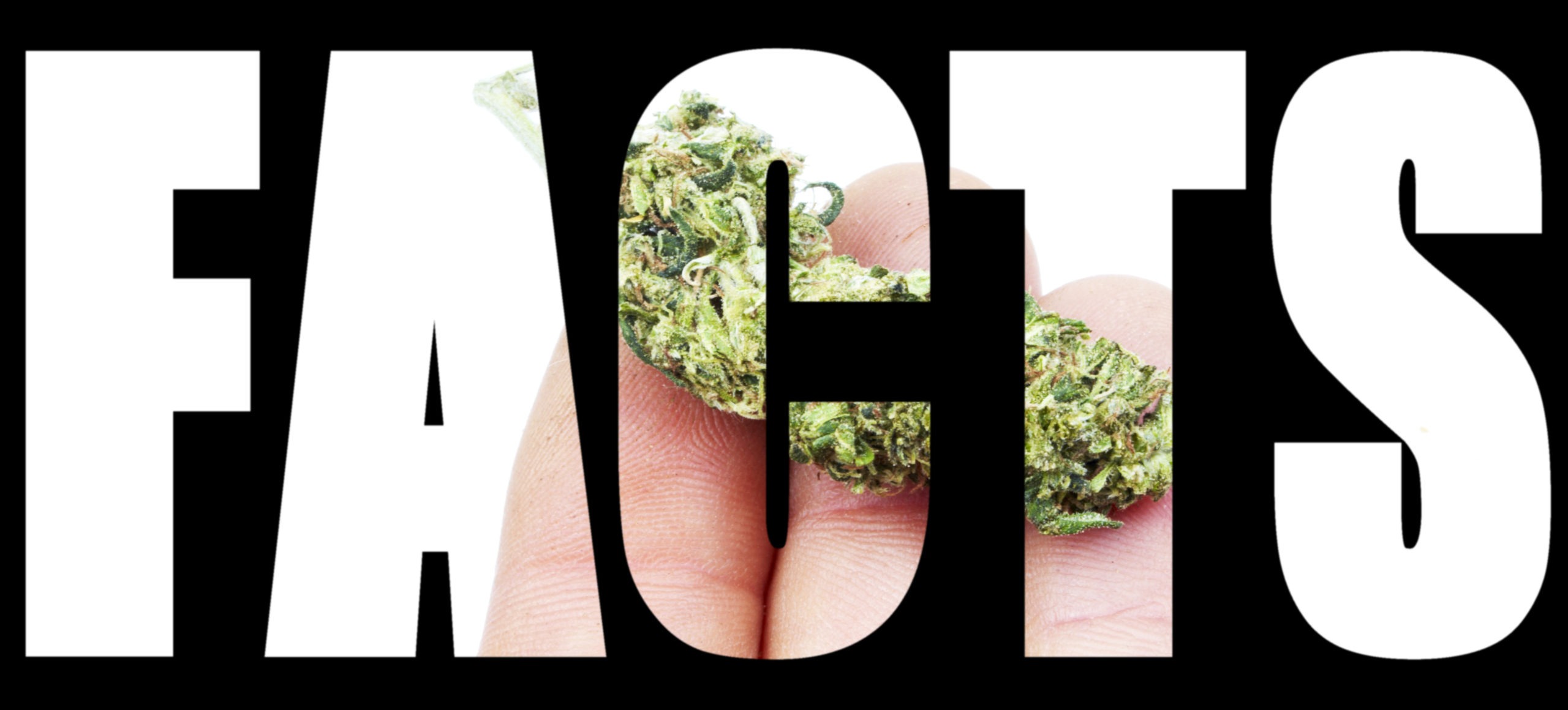Steer Clear of ‘Miracle’ Weight Loss Products
For many of us, the start of a new year means the start of a new diet. Losing weight tops the list of New Year’s resolutions nearly every year, and it’s a point of serious frustration for many people.
This frustration drives many people to try “miracle” weight loss products—you know, the ones you see in vague commercials that promise to shrink you three pant sizes in two weeks. But unfortunately, these miracle cures rarely work, and sometimes they can cause serious health problems.
Here’s a quick look at what to avoid for weight loss this year:
- Dietary supplements: As a general rule, if it sounds too good to be true, it probably is. Steer clear of “miracle” supplements you see advertised on TV or in vitamin stores. Manufacturers of supplements—unlike manufacturers of prescription drugs—do not have to prove their products are effective or even safe before they are released to the public. Even “all-natural” supplements may not be good for your body or effective for weight loss. Instead, focus on proven methods for weight loss, such as an improved diet and more vigorous exercise.
- Cleanses and detoxes: Cleanses and detoxes can be extremely hard on your body. Although they tend to produce quick results, cleanses work by ridding your body of water and stool weight. This is not a way to keep weight off in the long-term, and often it will just lead to further frustration. Plus, cleanses and detox plans carry high risks of dehydration, electrolyte imbalances, and other health issues. Your body naturally understands how to get rid of toxins, so doing so by fasting or only drinking juice will only confuse your body. Instead of starving yourself or limiting yourself to one thing, “cleanse” by drinking more water and eating high-fiber foods.
- Diet pills: Unless the weight loss drugs are prescribed by your doctor, they can have very dangerous consequences. Many diet pills contain anti-anxiety drugs, antidepressants, or controlled substances, such as amphetamines; others are simply a combination of caffeine and diuretics. These substances can have serious effects on your physical and mental health—not to mention the number of unknown substances inside each pill. Diet pills, like dietary supplements, do not have to go through the Food and Drug Administration’s approval process, meaning they can use unsafe ingredients and the manufacturer does not have to prove it is effective before putting the pills on shelves. Risks of diet pills may include addiction, anxiety, severe headaches, dehydration, stroke, heart problems, lung problems, and kidney malfunction.
If you’re serious about shedding some pounds in 2015, make sure you do it the right way. Using diet pills or “juice cleanses” will only give you temporary satisfaction—if any at all—and it won’t teach you to manage your weight for life. Improving your diet and working more physical activity into your daily routine will have longer-lasting and more satisfying results than any quick scheme.


















